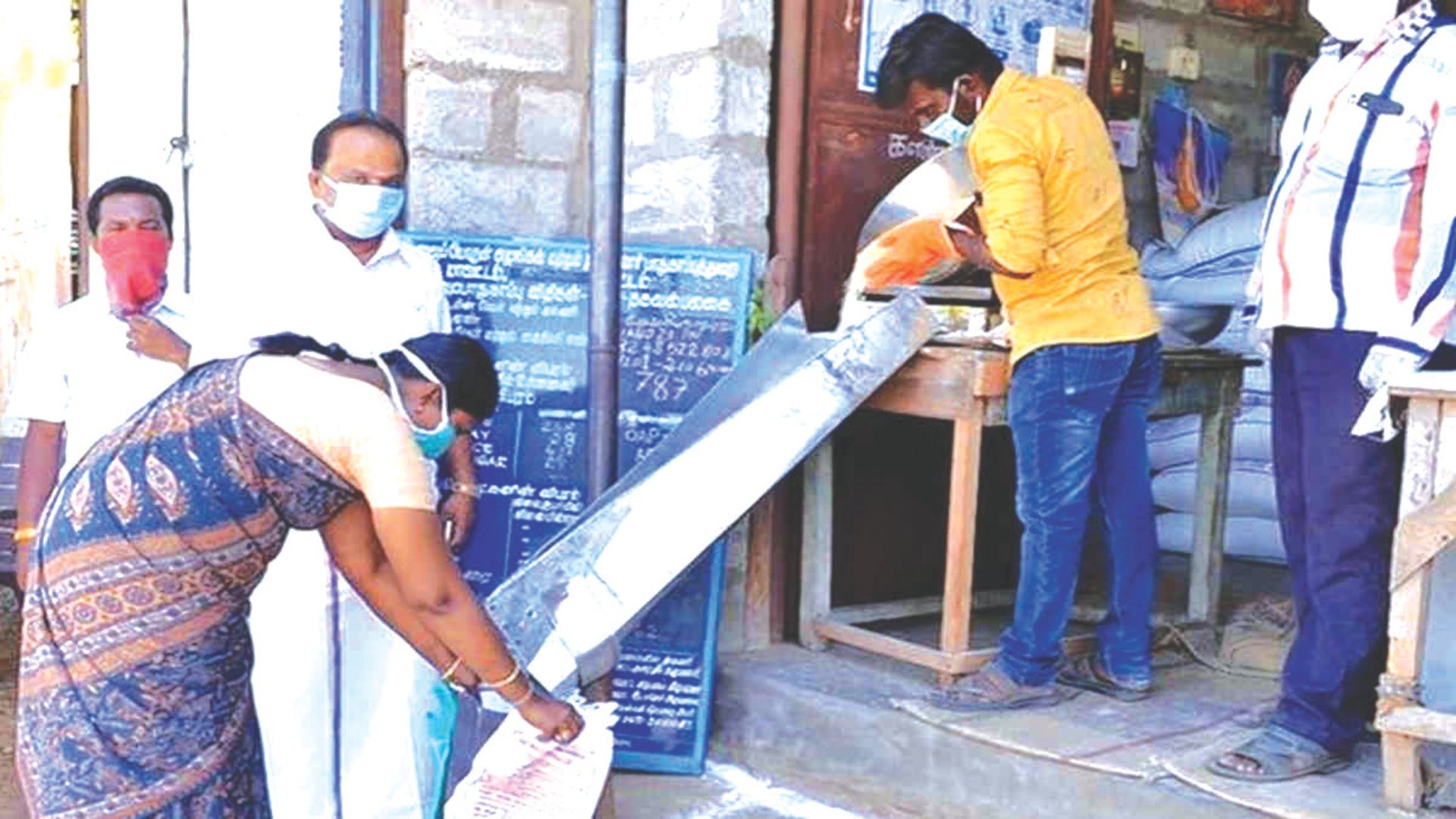New Delhi: The Bombay High Court recently declined to entertain a plea seeking the implementation of the One Nation One Ration Card scheme, citing discrepancies in the maximum income cap for the Economically Weaker Section (EWS) quota compared to the Food Security Act.
The petition aimed to ensure food distribution for migrant laborers across state borders, particularly within Maharashtra.
Filed by the Movement for Peace and Justice for Welfare (MPJ) through Advocate Hamza Lakdawala, the plea sought a directive for the Maharashtra government and the Centre to comply with a 2020 Supreme Court order. This order instructed authorities to reassess the number of individuals eligible under both rural and urban sectors while implementing the Food Security Act.
The National Food Security Act (NFSA) of 2013 aims to make food and nutrition affordable and accessible to a large portion of India’s population, covering around two-thirds of citizens, including 75% of those in rural areas and 50% in urban regions. The petition highlighted inconsistencies among various welfare schemes in Maharashtra for economically and socially disadvantaged groups, which have different income thresholds.
Under the EWS quota, a family with an annual income of Rs 8 lakh is classified as economically weak. In contrast, this same individual does not qualify for benefits under the food security scheme, revealing a significant contradiction. The plea also pointed out that food price inflation in India has averaged 5.62% while the average annual wage increase in urban areas has been around 6.36% over the last decade. This stagnation in the maximum income limits for food security means that fewer people will qualify for the “priority household” category each year.
According to the 2019 rules, the income ceiling is set at Rs 44,000 annually for rural areas and Rs 59,000 for urban areas, a stark contrast to the income cap for the EWS quota. For example, an unskilled laborer in Maharashtra working in construction earns a minimum wage of Rs 10,159 per month, amounting to an annual income of Rs 1,21,908. This worker, despite being among the poorest in the state, exceeds the income limits for food security benefits.
The petition emphasized that the income ceiling in the Food Security Act should be dynamic, considering the varying costs of living in different areas. For instance, while both Mumbai and Nashik are urban areas, the cost of living in Mumbai is significantly higher than in Nashik.
During the hearing, Advocate Lakdawala urged the bench, comprising Chief Justice D.K. Upadhyaya and Justice Amit Borkar, to recalculate the eligibility criteria for the maximum annual family income limit outlined in the Maharashtra Food Security Rules, arguing that the criteria had not been updated since 2019. However, the bench questioned the jurisdiction of the High Court in this matter, suggesting that a contempt petition could be filed in the Supreme Court instead.
The bench maintained that issues related to the implementation of the One Nation One Ration Card scheme and the reassessment of population figures under the NFSA must be addressed by the Supreme Court. Advocate Lakdawala indicated he would seek further instructions from the association before proceeding. The next hearing is scheduled for October 23.
Court refuses plea seeking ‘One Nation One Ration’ card scheme
- Advertisement -

